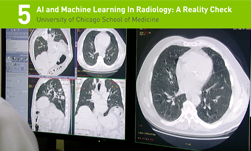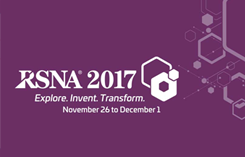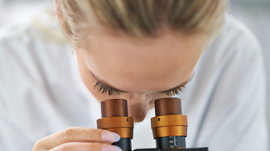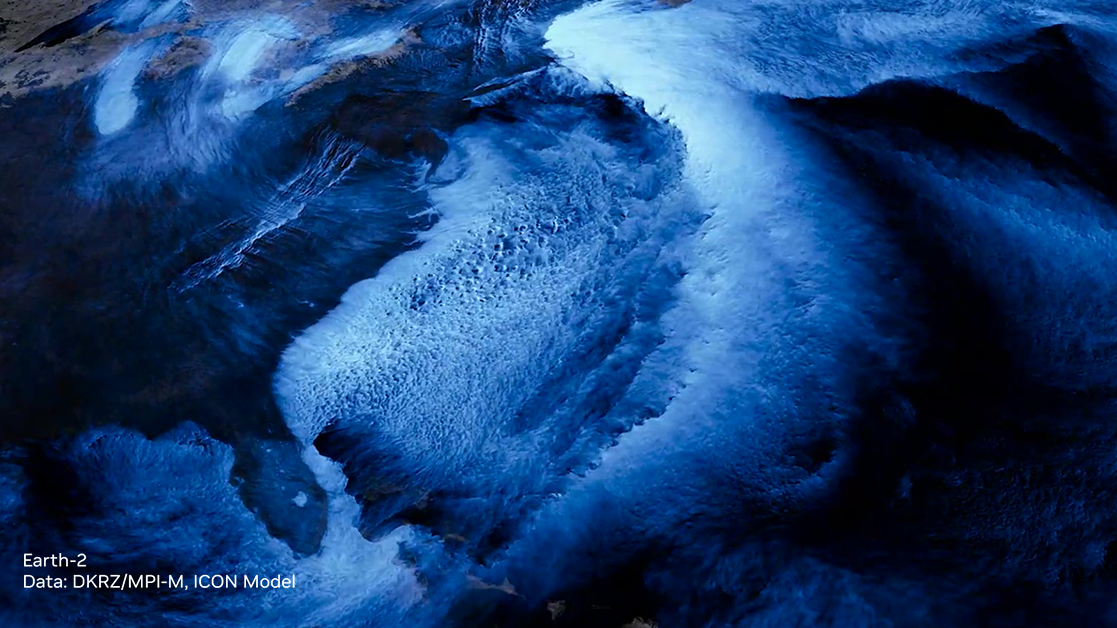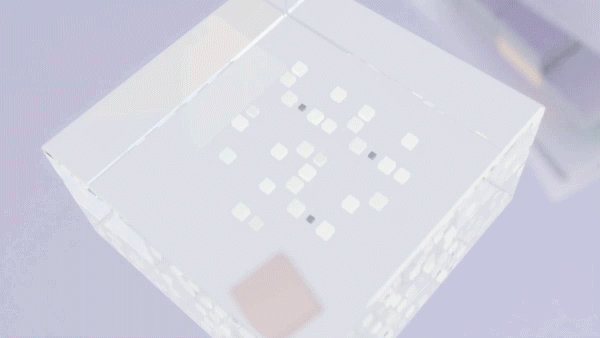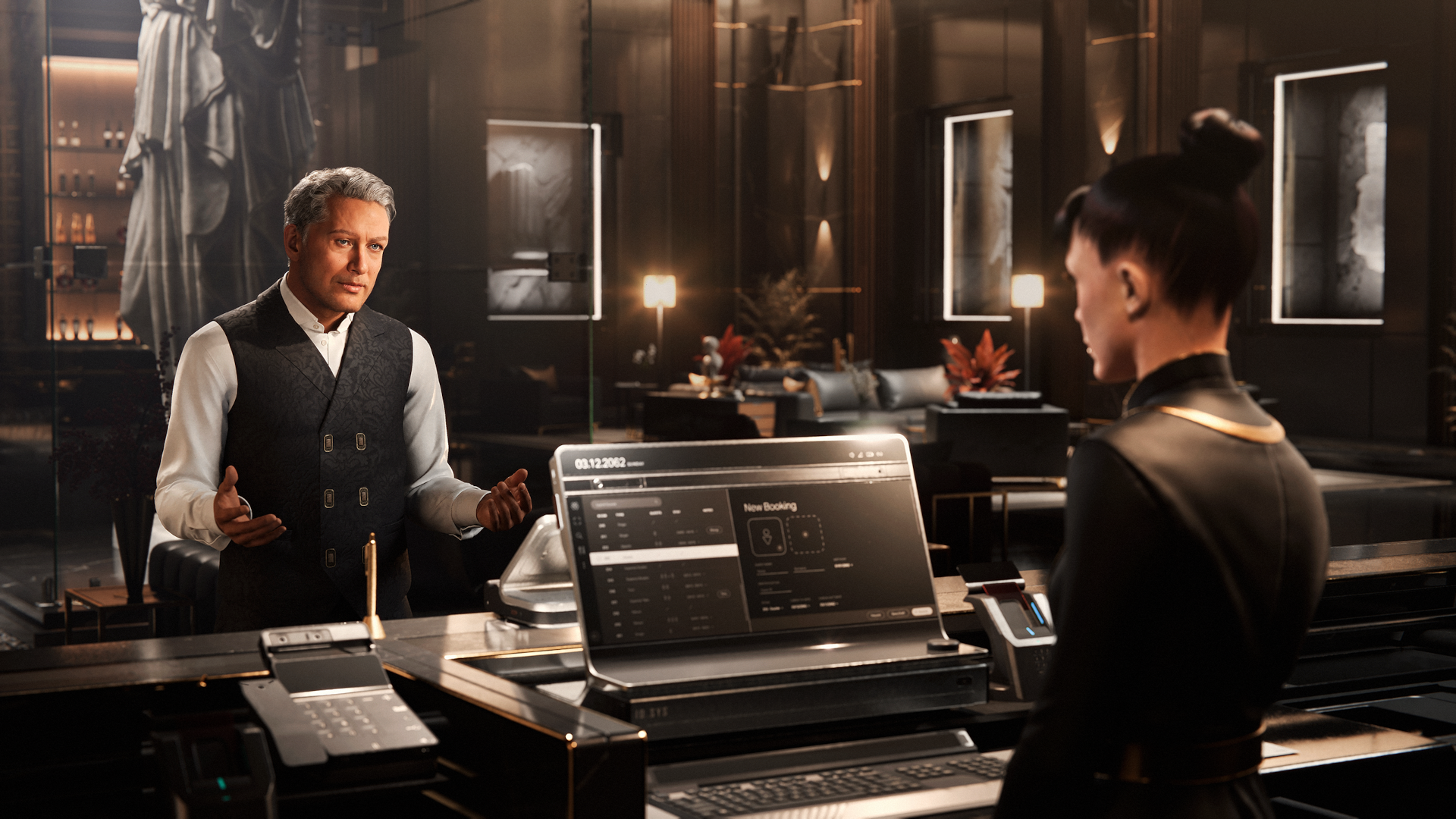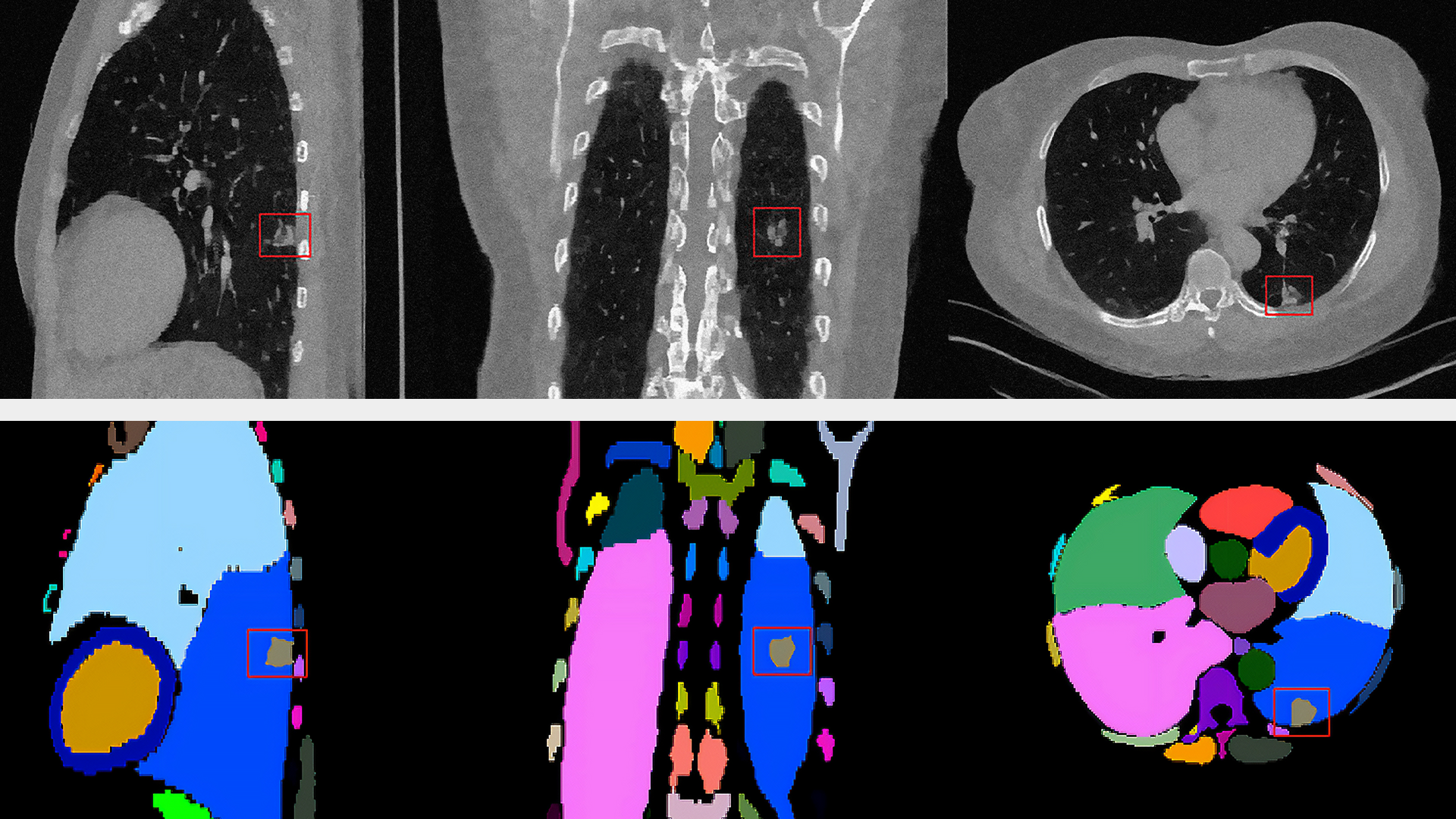Le Lu, staff scientist at the National Institutes of Health (NIH) shares how they are applying artificial intelligence techniques to assist cancer clinicians make better diagnostic decisions.
Using NVIDIA Tesla GPUs and the cuDNN-accelerated Caffe deep learning framework, Lu and his team trained their model on nearly one million patient cases which helped them develop better medical image understanding tools and imaging biomarkers that can more precisely examine how well the cancer treatment worked.
“Deep learning enables us to do things in a new perspective and we can achieve much better performance than before,” said Dr. Lu who has been a staff scientist in the Department of Radiology and Imaging Sciences at NIH since 2013. “We are bridging the gap that can really help people in the real world.”
Share your GPU-accelerated science with us at http://nvda.ws/2cpa2d4 and with the world on #ShareYourScience.
Watch more scientists and researchers share how accelerated computing is benefiting their work at http://nvda.ws/2dbscA7
Share Your Science: Combating Cancer with Deep Learning
Jan 24, 2017
Discuss (0)
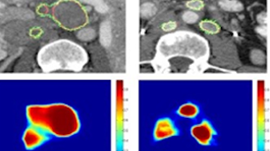
Related resources
- GTC session: How AI Will Decode Biology to Radically Improve Lives
- GTC session: How Artificial Intelligence is Powering the Future of Biomedicine
- GTC session: Lab in a Loop: AI to Transform Drug Discovery and Development
- NGC Containers: MATLAB
- Webinar: Accelerating Large-Scale Genomics Research
- Webinar: The Impact of Large Language Models (LLMs) on Life Sciences
